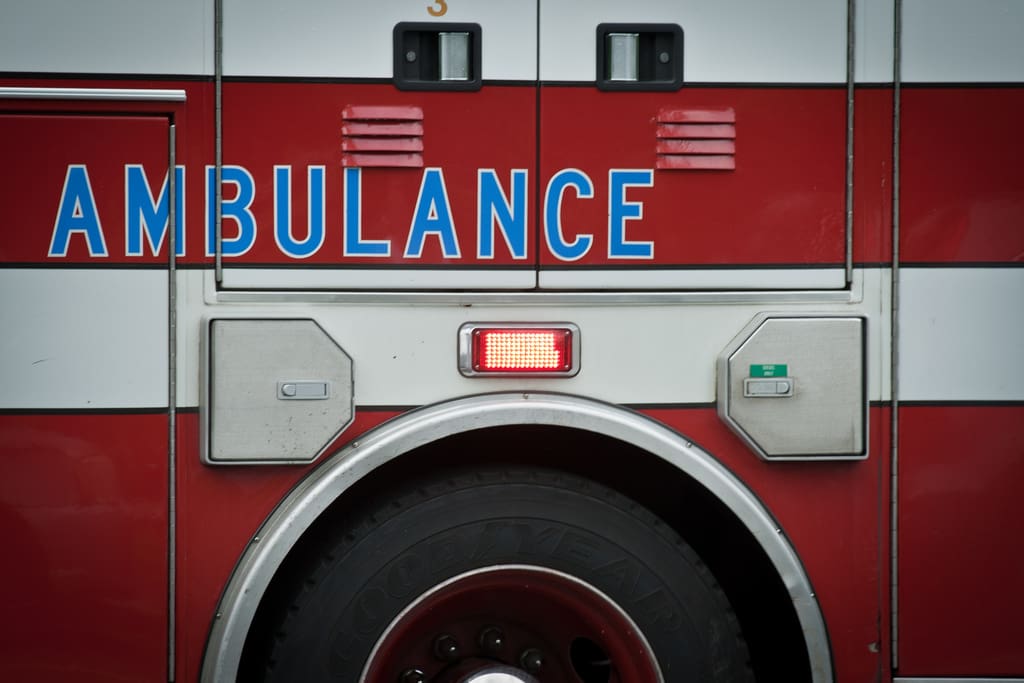If you go to a hospital that is in your insurance company’s network, you can assume you’ll only get in-network medical bills, right? That is now true in four of the five largest U.S. states, but not here in Texas.
This week California passed Assembly Bill 72, a strong bill that protects California patients from surprise medical bills. The Texas Legislature should follow suit in 2017 and protect Texas patients from surprise medical bills, especially emergency care bills.
Texas has taken some strides to mitigate surprise medical bills but lacks a comprehensive, patient-centered solution. Texas established a surprise bill mediation program in 2009 and improved it in 2015 (both from bills by Senator Kelly Hancock). In 2009, Texas was at the leading edge of consumer protections with one of the first state dispute resolution processes for surprise bills. But since then, the other largest U.S. states—first Illinois, followed by New York and Florida, and now California—have passed stronger bills that better protect consumers. Laws in each of these four states share these common features that Texas still lacks:
- Patients are responsible for expected costs, with no surprises. When patients go to in-network hospitals but are unknowingly treated by out-of-network doctors, patients are only responsible for their deductibles and copayments as if the care had been in-network. Patients are not subject to additional surprise out-of-network fees.
- Patients are no longer “caught in the middle.” When out-of-network doctors and medical providers and insurers can’t agree on a fair price, the parties can directly access dispute resolution, without dragging patients into the mix.
Relatively few patients have used Texas’ mediation system because of significant barriers that lock patients out. The burden for initiating mediation is unfairly on the patient alone. If a patient isn’t healthy enough or savvy enough to first decode medical bills and then navigate a bureaucratic mediation system, they won’t get help. And loopholes mean that they can only challenge some surprise medical bills—ones from certain doctors, for care provided at certain hospitals, and only if the bill is over the state’s arbitrary $500 threshold.
Texas needs to remove the barriers and close the loopholes. All Texas patients, especially those who sought care in an emergency, should have protections against surprise medical bills.
More information on the surprise emergency medical bills in Texas is available in CPPP’s report: Surprise Medical Bills Take Advantage of Texans.
